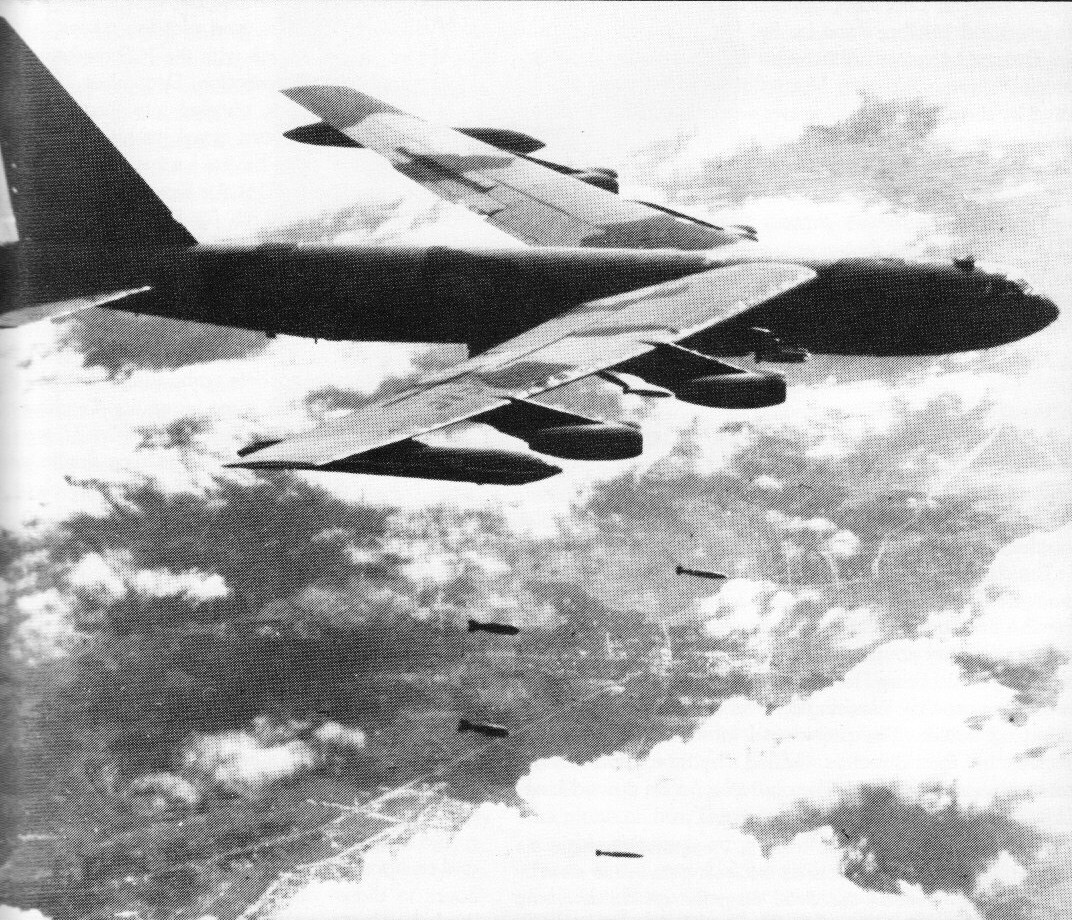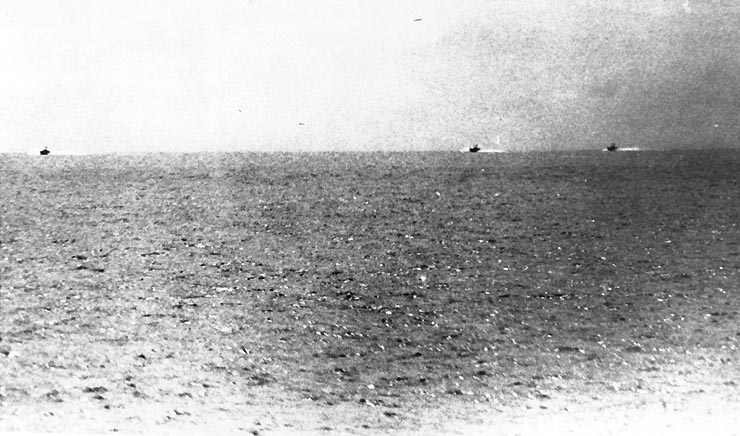Swammerdami
Squadron Leader
A favorite parlor game is to rank the U.S. Presidents -- Who were the "Greatest"?
Let's keep the discussion out of Politics by ignoring Presidents since Reagan; there are few candidates for "Great President" in the 21st century anyway.
A good starting point for Presidential rankings is Historical rankings of presidents of the United States, especially the Siena rankings.
Historical rankings of presidents of the United States, especially the Siena rankings.
There are 12 U.S. Presidents who rank #6 or better on at least one of the 25 surveys shown in the Scholastic Summary. These twelve can be formed into three groups of four.
The Mount Rushmore quartet. These might rank near #1-#4 in some order.
L.B.Johnson was a "Jekyll and Hyde" President.-- He was an outstanding leader, and had great domestic accomplishments. However his War in Vietnam was a dreadful mistake. But if he is considered great anyway, he completes a string of FIVE consecutive great Presidents, beginning with FDR.
The first SEVEN Presidents were all great also. These include four listed above, John Adams, James Monroe, and John Q. Adams. Both Adams were known for very high intelligence and very high integrity. Monroe is especially noted for his Monroe Doctrine.
So who do Infidels pick as the greatest President(s)? Do you choose from among the Twelve shown above -- more or less the Scholarly consensus -- or do you nominate someone else? Let's argue about this!
I'll spoil the suspense now and say that I'm tempted to go with Roosevelt and Roosevelt for #1 and #2 slots. The other three on Mount Rushmore were great -- I acknowledge that -- but each was slightly over-rated, in my opinion.
Let's keep the discussion out of Politics by ignoring Presidents since Reagan; there are few candidates for "Great President" in the 21st century anyway.
A good starting point for Presidential rankings is
There are 12 U.S. Presidents who rank #6 or better on at least one of the 25 surveys shown in the Scholastic Summary. These twelve can be formed into three groups of four.
The Mount Rushmore quartet. These might rank near #1-#4 in some order.
- George Washington
- Thoma Jefferson
- Abraham Lincoln
- Teddy Roosevelt
- Franklin D, Roosevelt
- Harry S. Truman
- Dwight D. Eisenhower
- John F. Kennedy
- James Madison
- Andrew Jackson
- Woodrow Wilson
- Ronald Reagan
L.B.Johnson was a "Jekyll and Hyde" President.-- He was an outstanding leader, and had great domestic accomplishments. However his War in Vietnam was a dreadful mistake. But if he is considered great anyway, he completes a string of FIVE consecutive great Presidents, beginning with FDR.
The first SEVEN Presidents were all great also. These include four listed above, John Adams, James Monroe, and John Q. Adams. Both Adams were known for very high intelligence and very high integrity. Monroe is especially noted for his Monroe Doctrine.
So who do Infidels pick as the greatest President(s)? Do you choose from among the Twelve shown above -- more or less the Scholarly consensus -- or do you nominate someone else? Let's argue about this!
I'll spoil the suspense now and say that I'm tempted to go with Roosevelt and Roosevelt for #1 and #2 slots. The other three on Mount Rushmore were great -- I acknowledge that -- but each was slightly over-rated, in my opinion.


